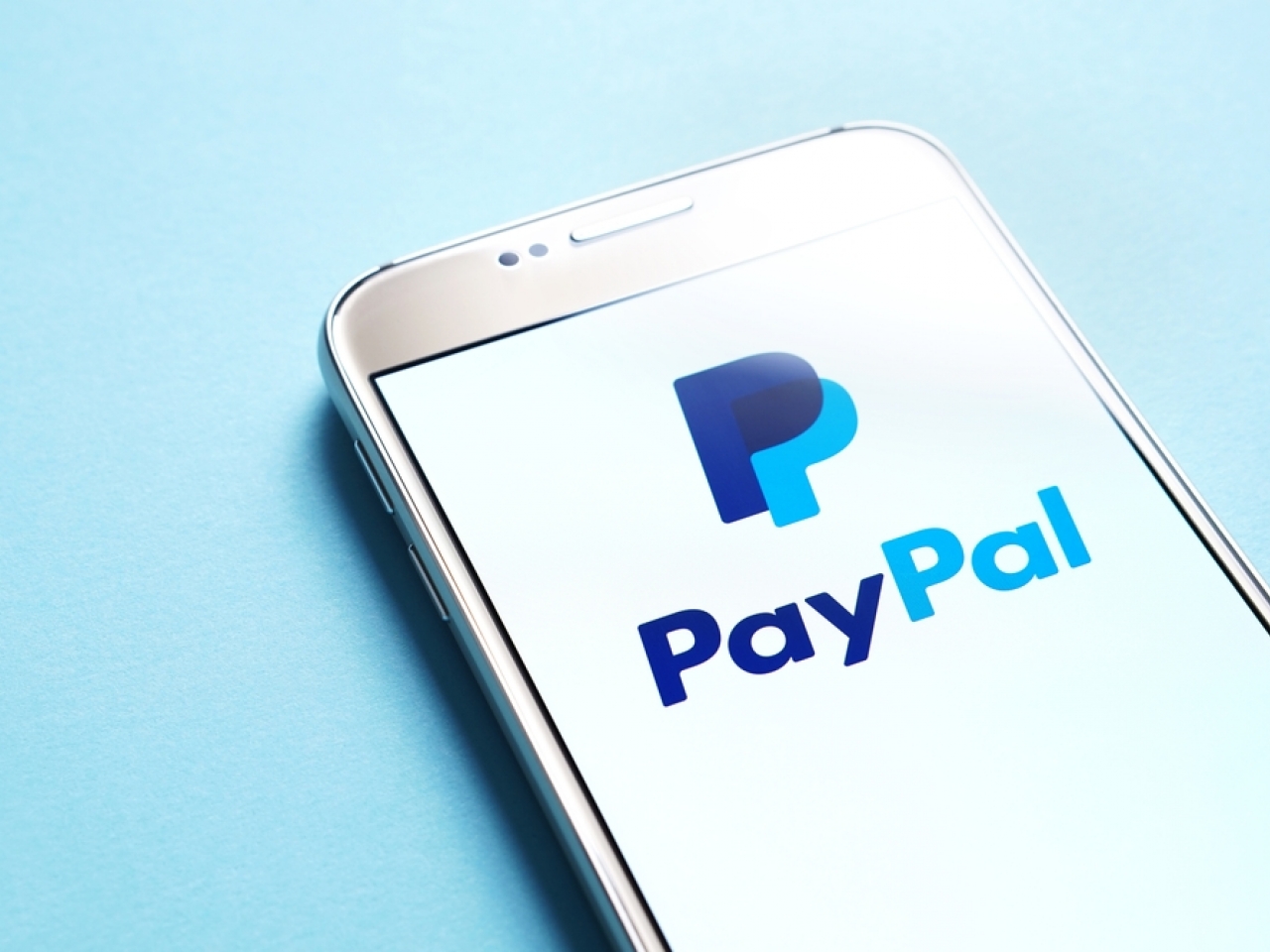PayPal Unleashes Crypto Trading for U.S. Businesses
26.09.2024 8:00 1 min. read Kosta Gushterov
PayPal announced a new feature allowing PayPal Business accounts to buy, sell, and trade cryptocurrencies directly through their accounts.
This service is now available to merchants across the U.S., excluding those in New York.
Jose Fernandez da Ponte, PayPal’s senior vice president of blockchain and crypto, noted that businesses have been seeking the same crypto features available to individual consumers.
He expressed excitement about providing this capability, enabling merchants to engage with digital currencies more easily. Merchants can also withdraw their crypto assets to external wallets or offline storage for added security.
In related news, PayPal launched its own stablecoin, PYUSD, in August 2023. Issued by Paxos, PYUSD is fully backed by U.S. dollar reserves and short-term cash equivalents, offering a 1:1 redemption ratio with the dollar.
The company has since expanded the stablecoin to Solana, attracted by the network’s low transaction fees, making small purchases like coffee more feasible compared to more expensive blockchains like Ethereum.
As a bonus, PYUSD on Solana supports confidential transactions, hiding payment amounts from public view while still ensuring transaction visibility for regulatory compliance. Despite PYUSD’s growth to a $1 billion market cap, it remains far behind larger competitors like Tether and Circle’s USDC, which hold market caps of $118 billion and $35 billion, respectively.
-
1
Weekly Recap: Key Shifts and Milestones Across the Crypto Ecosystem
06.07.2025 17:00 4 min. read -
2
Trump Imposes 50% Tariff on Brazil: Political Tensions and Censorship at the Center
10.07.2025 7:00 2 min. read -
3
Key Crypto Events to Watch in the Next Months
20.07.2025 22:00 2 min. read -
4
USA Imposes Tariffs on Multiple Countries: How the Crypto Market Could React
08.07.2025 8:30 2 min. read -
5
UAE Regulators Dismiss Toncoin Residency Rumors
07.07.2025 11:12 2 min. read
Two Upcoming Decisions Could Shake Crypto Markets This Week
The final days of July could bring critical developments that reshape investor sentiment and influence the next leg of the crypto market’s trend.
Winklevoss Slams JPMorgan for Blocking Gemini’s Banking Access
Tyler Winklevoss, co-founder of crypto exchange Gemini, has accused JPMorgan of retaliating against the platform by freezing its effort to restore banking services.
Robert Kiyosaki Warns: ETFs Aren’t The Real Thing
Renowned author and financial educator Robert Kiyosaki has issued a word of caution to everyday investors relying too heavily on exchange-traded funds (ETFs).
Bitwise CIO: The Four-Year Crypto Cycle is Breaking Down
The classic four-year crypto market cycle—long driven by Bitcoin halvings and boom-bust investor behavior—is losing relevance, according to Bitwise CIO Matt Hougan.
-
1
Weekly Recap: Key Shifts and Milestones Across the Crypto Ecosystem
06.07.2025 17:00 4 min. read -
2
Trump Imposes 50% Tariff on Brazil: Political Tensions and Censorship at the Center
10.07.2025 7:00 2 min. read -
3
Key Crypto Events to Watch in the Next Months
20.07.2025 22:00 2 min. read -
4
USA Imposes Tariffs on Multiple Countries: How the Crypto Market Could React
08.07.2025 8:30 2 min. read -
5
UAE Regulators Dismiss Toncoin Residency Rumors
07.07.2025 11:12 2 min. read


